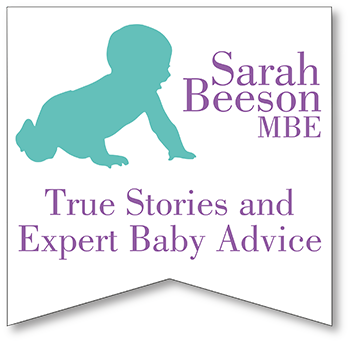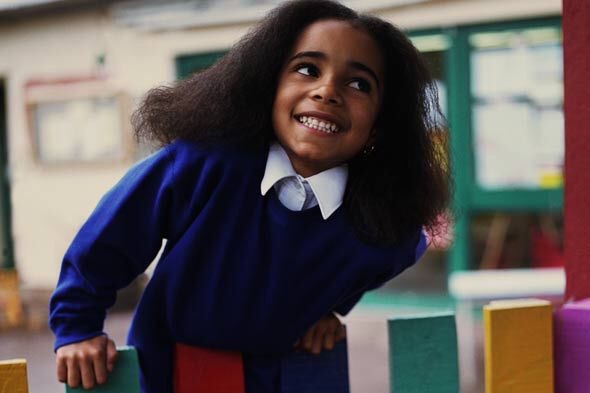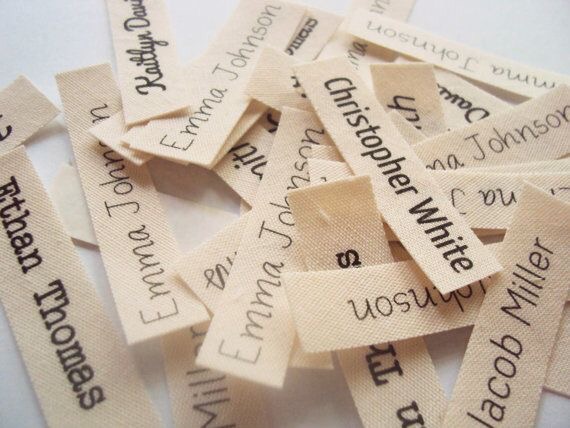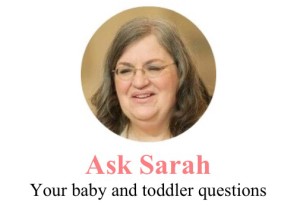It’s finally come – School Admissions Day. That long-awaited letter or email that informs parents which primary school their child is going to.
It can be a day of sweet relief or fraught with anxiety, but when your Not-So-Little-One starts Reception class, you’ll want them to be practically and emotionally prepared so they can enjoy going to school and get off to a flying start.
In my book Happy Baby, Happy Family I explain that children have five emotional needs as part of their learning and development. They are; Love, Security, Praise & Recognition, New Experiences and Responsibility & Discipline. The way you approach helping your child get ready to start school can also help their emotional development as well as practical.
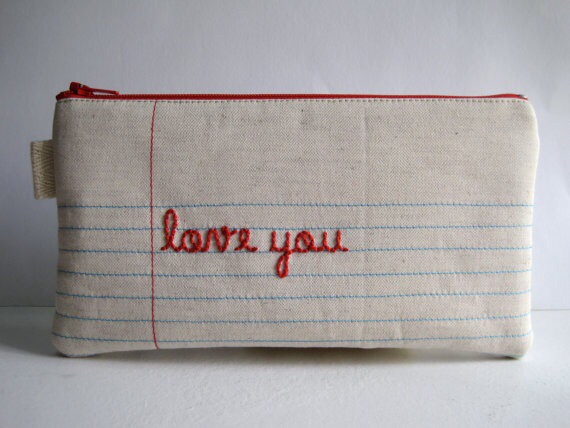
Be Positive and show how much you love them
You want your child to have a good experience and feel positive about starting school but it can be a time of mixed emotions for you as your baby goes to big school. Be positive and upbeat when you talk about them starting school; chat about the new things they’ll get to do – there’s a whole new world of things to discover and do at big school.
Tell them how much you love them and that you’ll miss them; they are still your baby – just keep it light and reassuring. Many children have moments when they want to regress and play at being a baby. Let them; treat it as imaginary play and join in with plenty of goo-goo-ga-gas. This is very common if there is a new baby in the family – older children often want to sit in their bouncy chair, buggy or car seat.
Emotionally for you and your LO it can be a bit daunting handing over responsibility of your child’s care and education to school. For children who are already at nursery or pre-school the routines of school life are sometimes more familiar and they often flow into the infants class without many worries. For children who have been mainly at home with you, the opportunity of starting school can be terribly exciting. They have built a secure attachment to you and know you’ll be there for them when they need you.
It’s a whole new chapter in your child’s life and a big change for you as well; feeling apprehensive and a bit regretful and emotional is natural but they will always be your baby – they really will!
Small steps towards greater independence
September might seem ages off, but now is the time to start gradually helping your child to be more self-sufficient so they feel secure about starting school. Don’t worry about whether they know their ABCs and Numbers. Instead start practising good toilet etiquette and hygiene, buttoning up their coat and putting their shoes on.
Go at their own pace; they’ve got months to master simple self-care so they’ll be confidence about playtime and going to the toilet on their own once they start big school.
I remember when my own daughter, Amy started reception class. Her teacher scolded a mother who was understandably fussing over her child’s coat after the school bell had rung. ‘Do you think I’ve got time to button and unbutton 30 coats every break time?’ The teacher said, and I did see her point.
Sewing in their name tags and ensuring they can recognise their own labelled belongings will be an important skill from the very first day. They’ll know what’s theirs and what’s not. A shopping trip for their new school things and giving them some choice, where you can, on their accessories will help them feel more secure and excited about starting school.
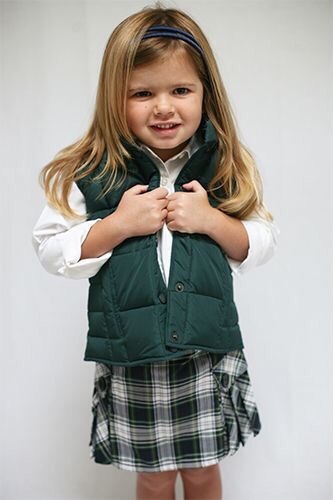
Praise your child when they learn a new skill
Praising and recognising their progress is very important but don’t be tempted to go over the top. They are developing the skills required for daily life and treats or excessive praise is not needed – you don’t want it to be a song and dance every time they put their own coat on. A smile, a kind word or a gentle touch is just right for encouraging and supporting your child.
Gradually increase the opportunities your child has to:
- Get dressed and undressed on their own
- Take their coat on and off and hang it up
- Go to the toilet on their own and wash their hands
- Put on their shoes and socks
- Find their tissue and blow their nose
- Pack up and take out their pencil case and books from school bag
Your child can rehearse these practical skills in small ways everyday, as you get ready to leave the house and come home again, without even realising they are gearing up for school life. Try not to have expectations, or show frustration. Give them two choices by saying, ‘Do you want to put your coat on or shall I do it?’ Use a casual tone like you don’t care either way.

Playing schools gives them a fun new experience
Many schools do taster sessions prior to starting full-time but there may be a big gap before they start school over the summer break. You can all have fun playing schools and being their teacher allowing them to practise their skills through imaginary play so they can become familiar with the shape of school routines before their taster sessions and over the summer holidays.
It’s a good opportunity for them to develop good listening, following instructions and learning to sit still – you might notice they seem to listen to their Teacher a little more than mummy or daddy! You could even swap roles and let them practice being the teacher and you the pupil.
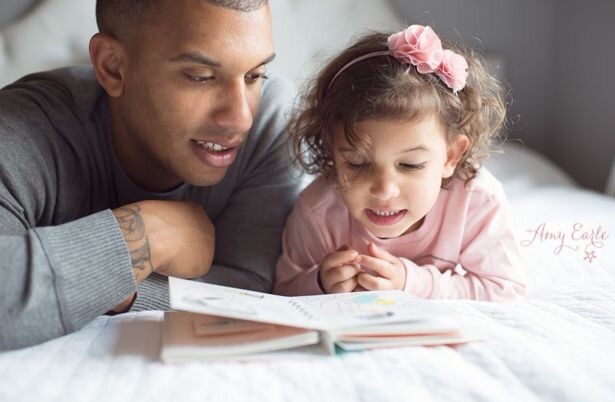
Reading every day is the best thing you can do
The golden rule for all parents is to read to your child every day. This is so important and often starts from your child’s earliest days, through pre-school and into school until they don’t need you to read to them anymore. It is the most useful way to get your child ready for school as there are countless benefits, and just listening and keeping still to hear the story as well as awakening their imagination is crucial to all learning. They’ll naturally pick up literary and numeracy skills through reading – no pushing is needed, just go to their own pace.
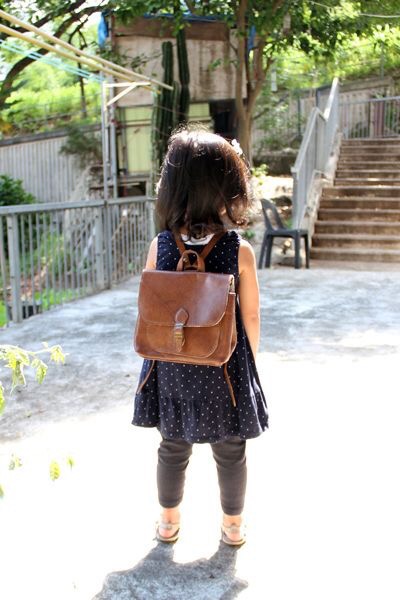
Responsibility and nice manners
Being in charge and taking care of their school bag and contents as well as clothing is an important lesson. Give them responsibility for packing the reader book that goes home daily and back to school with your child. You can practice this in your role play so they know exactly what to do when they are given this task at school.
The best way to teach your child to say please and thank you and to treat others with respect is to lead by example. When you talk to them, to your family, friends and people in shops or restaurants having nice manners yourself is the best way to get your child effortlessly copying your behaviour. Resist the urge to correct or tell them off too much, as it makes politeness into a chastisement, rather than a natural part of their behaviour.
First day at school
Your Little One’s first day at school is a big deal to you but play it cool Mama’s and Papa’s. They’ve had a really huge day filled with new experiences but they are more likely to need to crash out in front of kids TV than thrill you with their tales of school. Raconteur’s they ain’t!
So, let’s show them we missed them, get them rehydrated, nourished and chilled to avoid the post-school melt down with Sarah Beeson’s top three tips for meeting your child at the school gates.
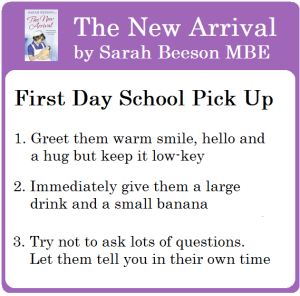 Parents often have their own strong emotions to cope with on school admissions day. If you haven’t got the school place you wanted I know it can hugely disappointing. But the greatest lessons your child will have will be from you, their parents. I hope this new adventure can be shared by all your family and you enjoy this new chapter. Give yourself credit for the amazing job you have already done and continue to do and all will be well.
Parents often have their own strong emotions to cope with on school admissions day. If you haven’t got the school place you wanted I know it can hugely disappointing. But the greatest lessons your child will have will be from you, their parents. I hope this new adventure can be shared by all your family and you enjoy this new chapter. Give yourself credit for the amazing job you have already done and continue to do and all will be well.
Got a parenting question for Sarah?
If you’ve got a parenting questions just #AskSarah.
Sarah Beeson MBE is a health visitor and author with over four decades of experiences working with thousands of families. Her memoir The New Arrival and parenting book Happy Baby, Happy Baby are published by HarperCollins.
